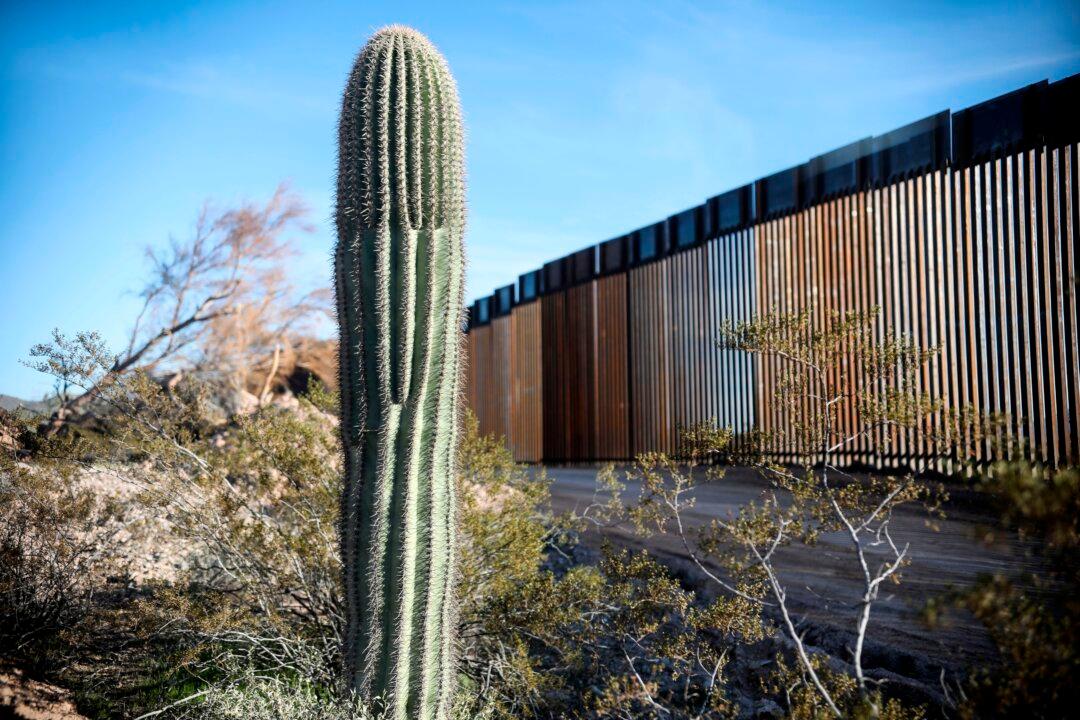A federal judge in Seattle ruled on Feb. 27 that the Trump administration will not be able to divert millions of dollars intended for a military construction project in Washington state to build his wall across the U.S.–Mexico border.
The ruling comes after the Trump administration announced earlier this month it would shift nearly $4 billion from the military budget toward building some 177 miles of fencing along the border in efforts to address drug-smuggling activities.





